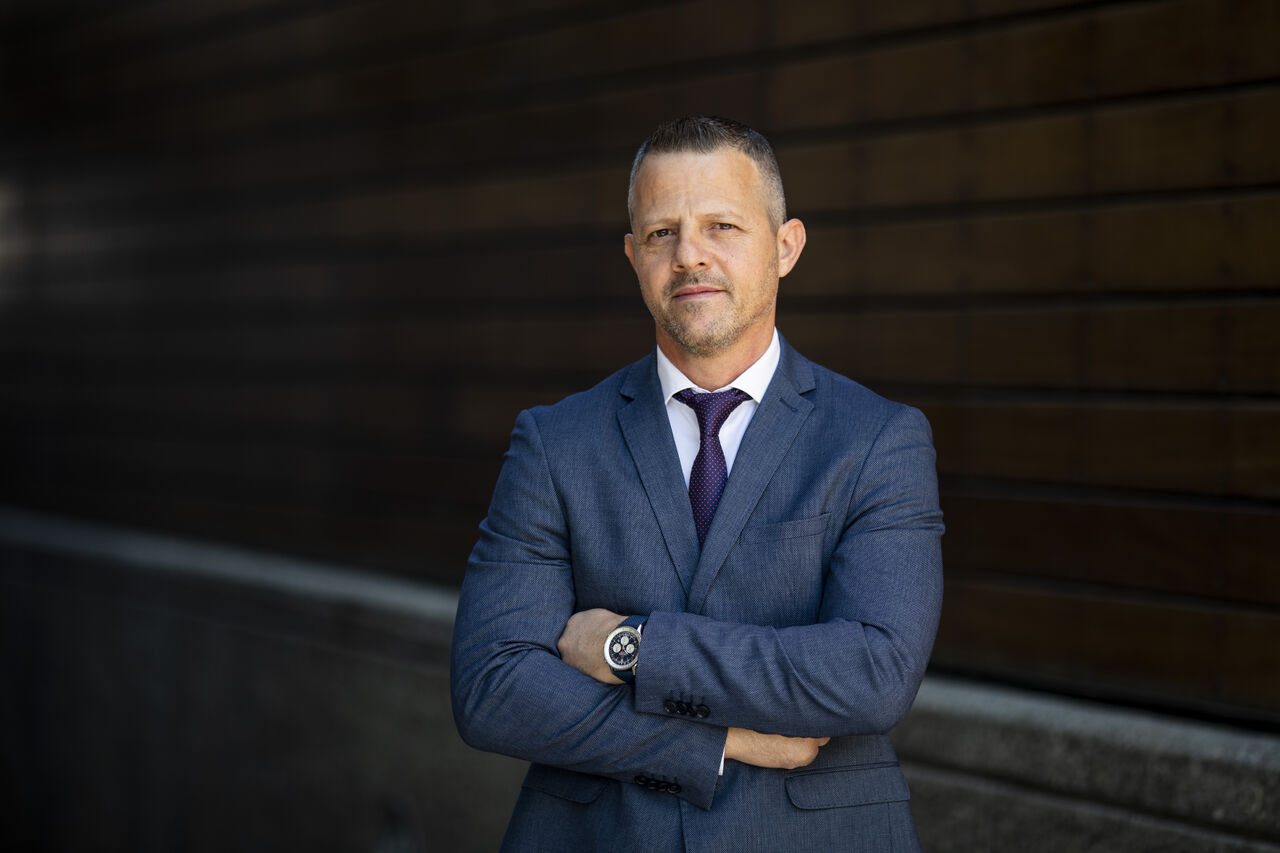Columbia group Asia Region, headquartered in Limassol but with 33 management offices across the world, chief executive Demetris Chrysostomou has rejected claims that Asian shipowners are falling behind their European and American counterparts, calling them “outdated and misleading.”
The company, headquartered in Limassol but with 33 management offices across the world, Responding to industry debate on regional divides, he pointed to the strength and safety record of Asia’s leading maritime nations.
“When we look at the leading shipowning nations in Asia such as Japan, South Korea and China, it becomes clear that safety, quality and high performance are firmly embedded in the way these owners operate,” he said.
He went on to add that “Japanese and Korean shipowners have long been synonymous with rigorous standards, placing operational excellence and safety at the core of their philosophies.”
He also referred to China’s rise as the world’s largest shipowning nation. “China has made enormous strides in adopting international standards, driven not only by global competitiveness but also by forward-looking local regulation and a growing embrace of maritime technology,” he said.
In his view, “Chinese owners know that to compete on a global scale, they must meet and often exceed the standards expected by the global shipping industry.”
Although some developing nations in Asia are still progressing in terms of regional vessel operations, Chrysostomou stressed that ships trading internationally comply with global requirements.
“We are seeing the rise of reputable, forward-looking shipowning companies across the region, including in emerging economies,” he said.
“These companies are benchmarking themselves against the best in the business.”
For him, the global shipping community should see Asia not as a concern but as a source of leadership and innovation.
“The industry should be watching Asia closely, not out of concern, but out of recognition that this region is quickly becoming a powerhouse of maritime innovation and resilience,” he said.
Looking ahead, Chrysostomou identified digital integration as the single biggest disruptor to ship management in Asia by 2030.
He explained that discussions often focus on “dashboards, sensors and analytics,” but stressed that “the real disruptor is not the technology itself. It is how organisations adapt their mindset and structure to use that technology meaningfully.”
By the end of the decade, he argued, the most successful ship managers will be those “who master the intersection of digital tools and human capital.”
This, he said, will mean “reshaping internal workflows, building digital literacy among crews and shore-based teams, and embedding predictive intelligence into daily operations.”
Chrysostomou concluded with a call for preparation. Asia’s ship management sector, he said, is well placed to lead the change.
“Many companies here are younger, more agile and less tied to legacy infrastructure,” he said. “To capitalise on this opportunity, we must prepare our people, not just our platforms.”






Click here to change your cookie preferences